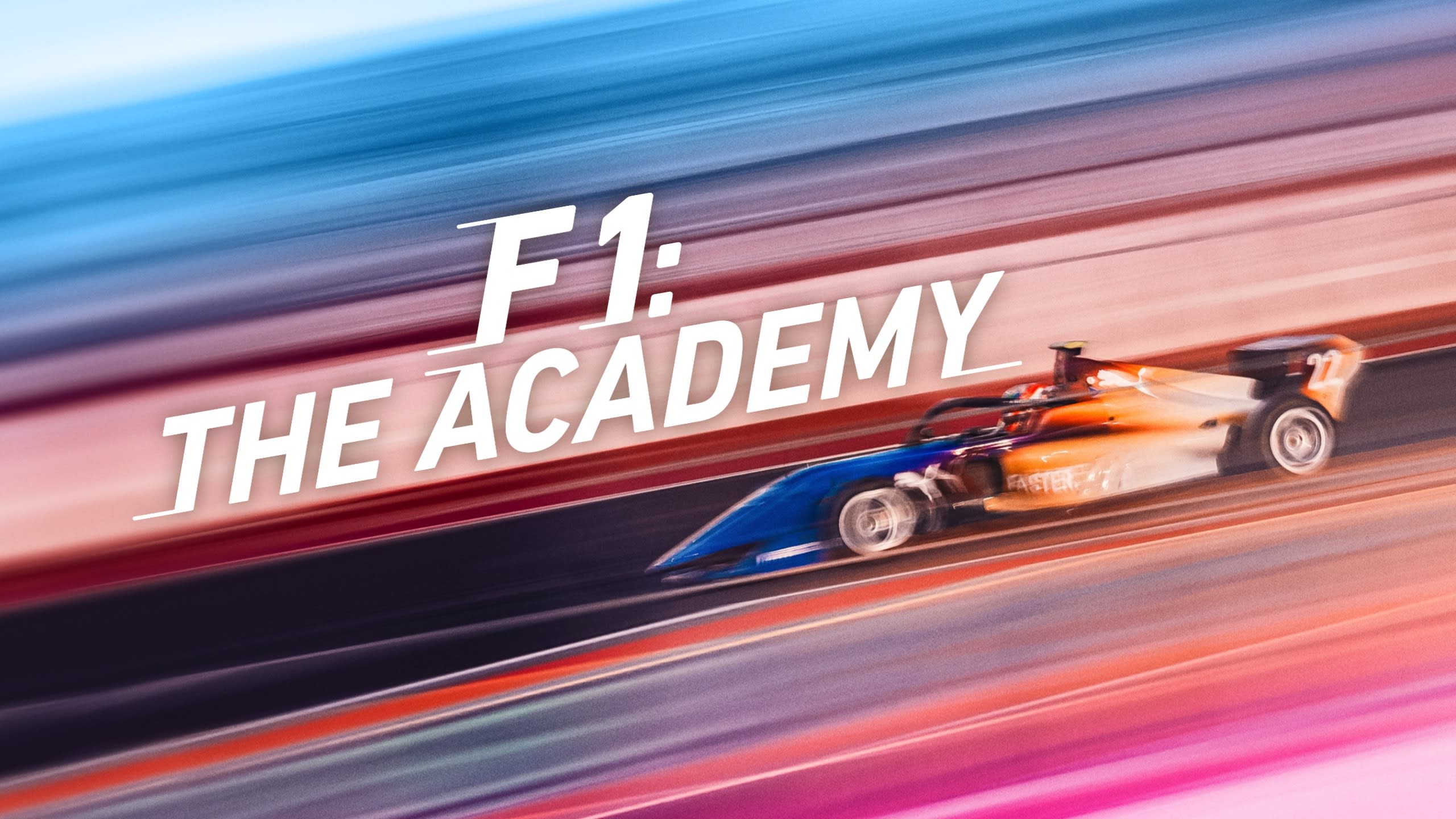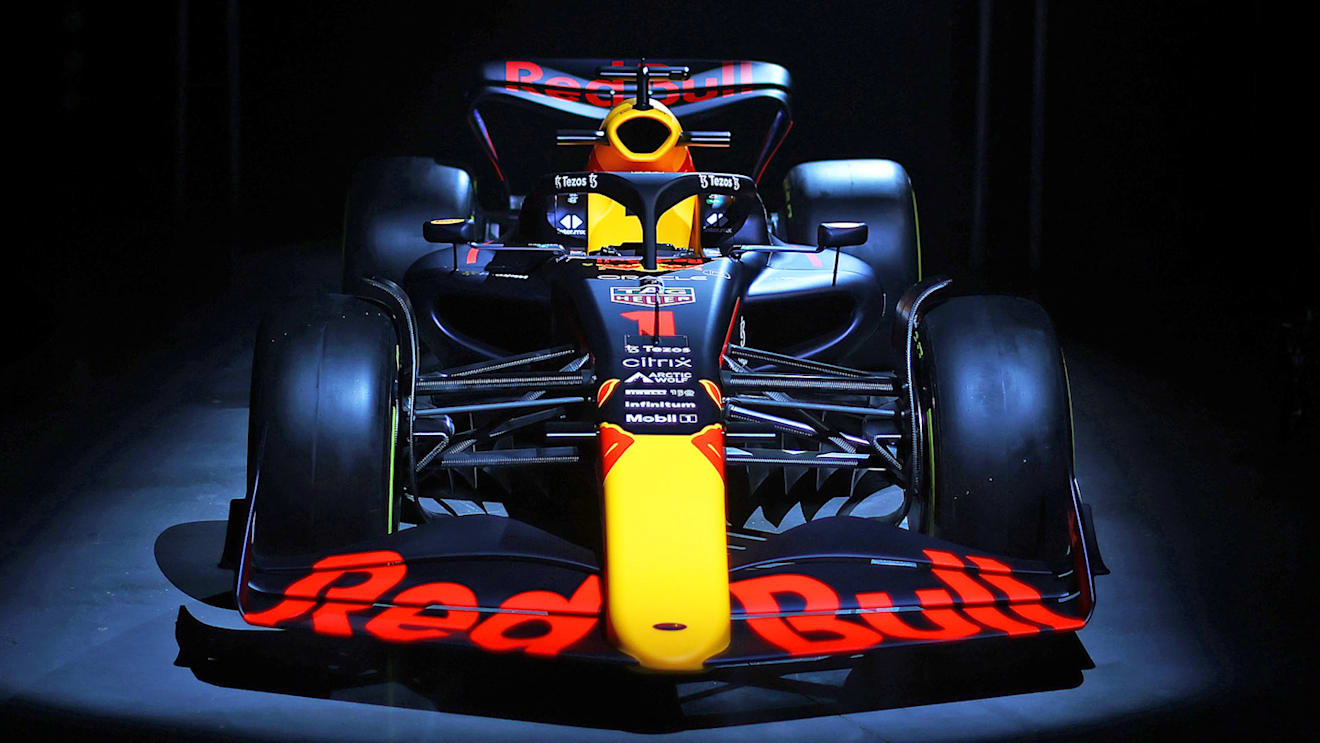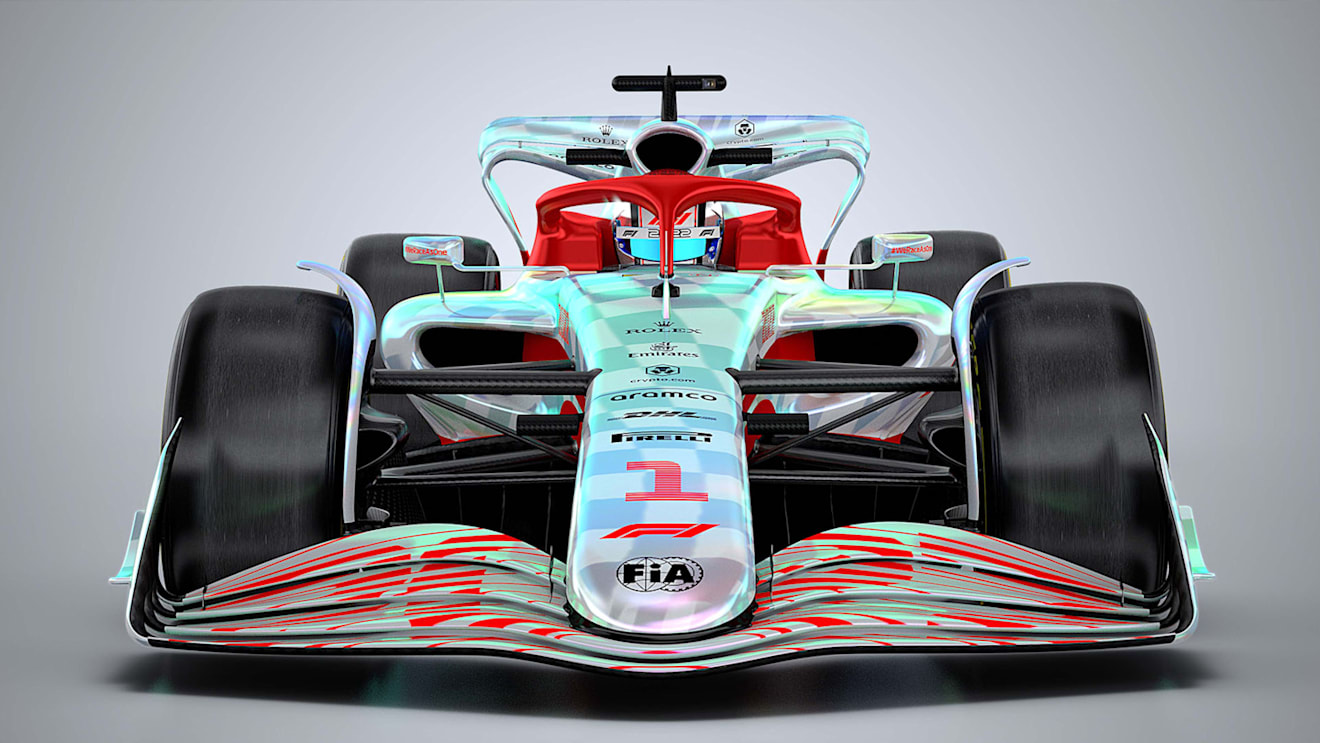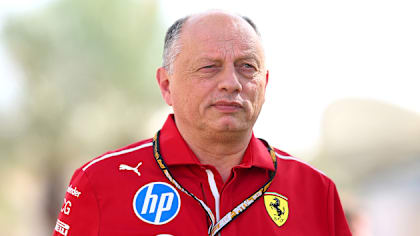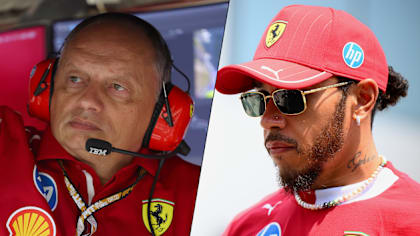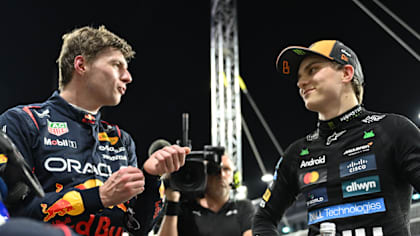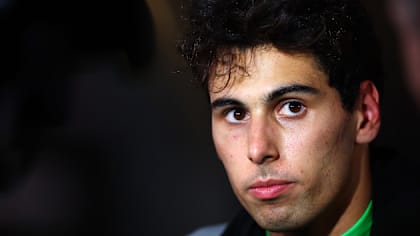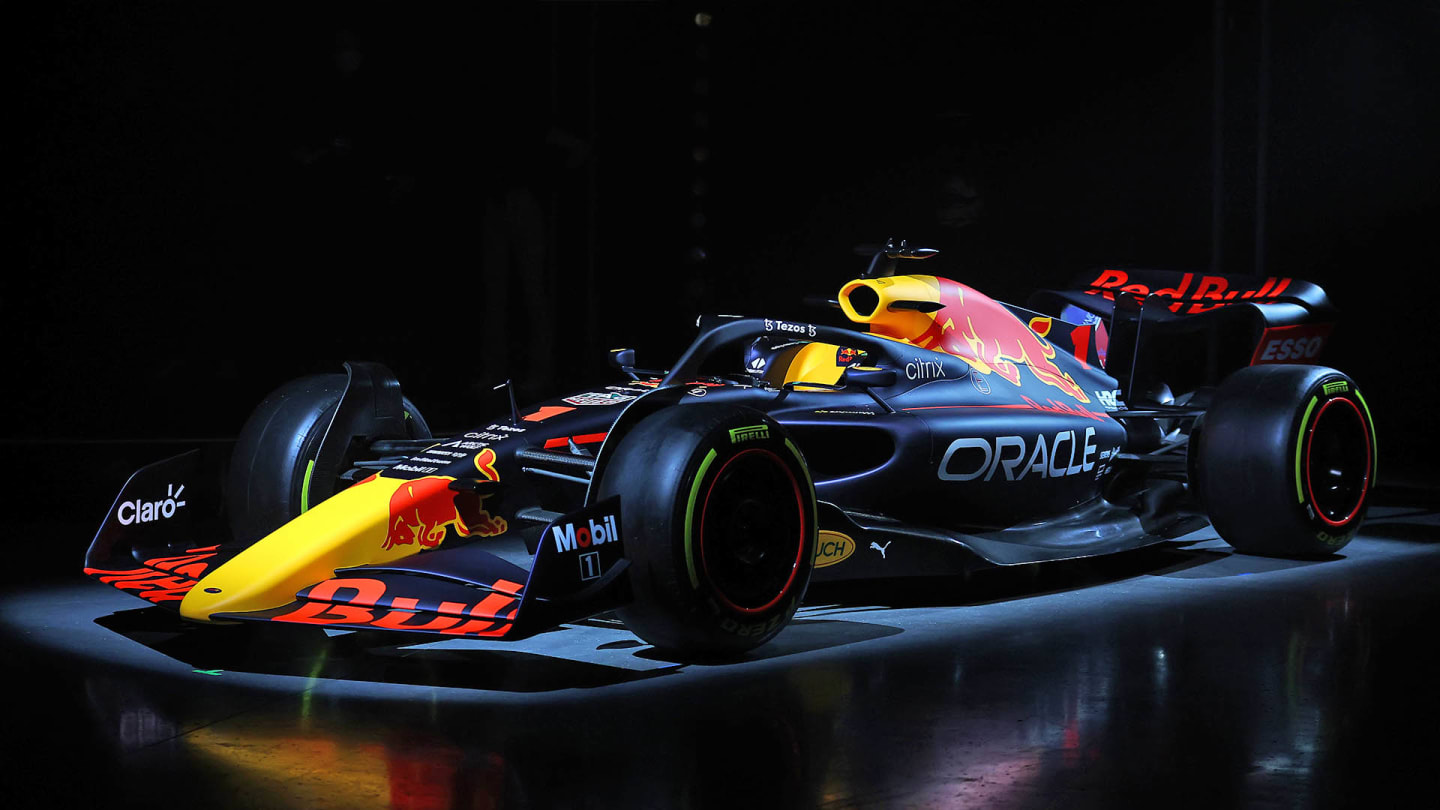
Technical
ANALYSIS: Why Red Bull keeping their powder dry with soft RB18 ‘launch’ could be worrying for their rivals

Share

Even Christian Horner has admitted that the car which will take to the track for 2022 Barcelona testing will not look much like the one revealed today. The ‘launch’ car appeared to be a lightly modified version of the generic 2022 regulation F1 show car which appeared last year.
The car as shown had a slightly different nose, which did not flare out at the tip and had a three-element front wing rather than the permitted four element. The sidepods appeared just as in the show car and with nothing like the more aggressive contours of the Haas shown last week.
ANALYSIS: What Haas’ VF-22 can teach us about how teams have approached the 2022 regulations
The front suspension appeared to be push-rod in layout and the rear pull-rod – very much the standard for 2021 cars but not expected to be so standardised in 2022.
So why might Red Bull be so keen to keep their real RB18 secret for as long as possible? Where might the areas of innovation be?
1 / 2
Aerodynamically, everything is up for grabs with the regulation reset and there are bound to be a greater divergence of solutions than is normal between teams when the technical regs are more mature.
REVEALED: Red Bull show off Verstappen’s 2022 title defence challenger, the RB18
Every team is concerned about whether they may have missed a regulation loophole which has been spotted by a rival – and perhaps there will be something on the RB18 (the real one) which could be a visual clue, and which would allow rivals to begin researching a similar solution.
The newly-regulated venturi tunnels in the floor will likely dominate everyone’s designs, with everything else, including suspension layout and sidepod shape, formed around the requirement to get as much high-speed air through those tunnels as possible.
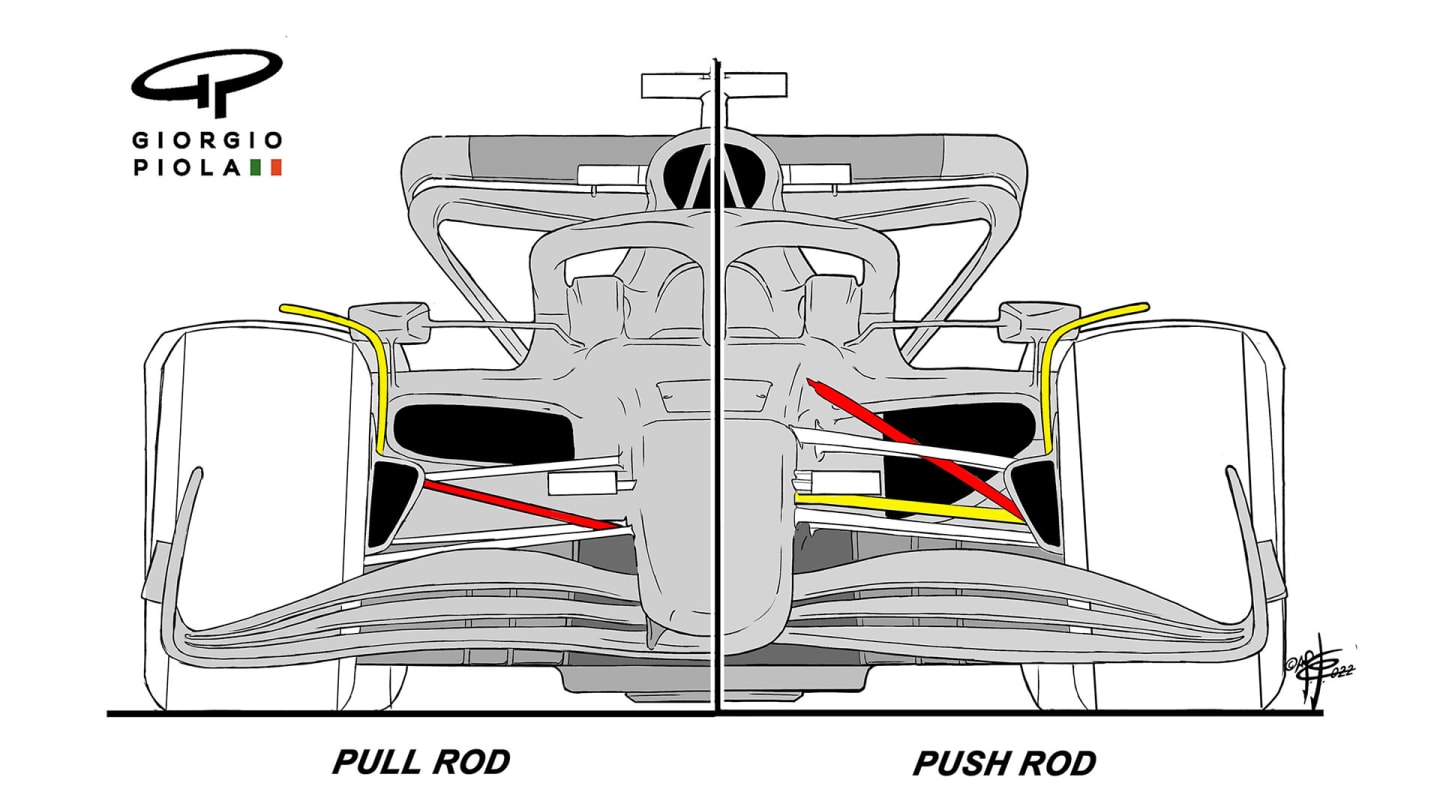
Suspension layout designs could be critical in 2022
Whereas the aerodynamic load of the previous cars was split roughly one-third each between the front wing, underfloor and rear wing, with the new cars that split will be more like 25/50/25% respectively. Feeding the underfloor becomes even more important than before – and now that must be achieved without the help of the bargeboards, which have been banned.
TECH TUESDAY: How 2022’s suspension overhaul could shuffle the competitive order
So sidepod shape, the way the suspension arms help feed the flow from the front wing, front wing geometry, cooling inlets and the routing of the cooling channels, diffuser and rear wing details will all be areas of possible opportunity to steal a march on the competition.
There was nothing about the car which appeared at the Red Bull reveal which will be of much interest to rivals. It will only have heightened their concerns that the real car may contain something which might spell trouble.
Everything you need for the 2022 Formula 1 season
- DIARY DATES: The 2022 F1 calendar and F1 car launch schedule
- WATCH: Everything you need to know about the new 2022 F1 car
- 2022 F1 GRID – All the drivers and teams racing this season
- 10 things every Formula 1 fan should be excited for in 2022
- 5 bold predictions for the 2022 season – but how many will come true?
YOU MIGHT ALSO LIKE
News Vasseur calls for Ferrari to be more ‘consistent’ as he highlights where team needs to improve
News ‘I’m 2000% behind him’ – Vasseur backs Hamilton amid early Ferrari struggles as he insists ‘potential is there’
News 'That's what you need to fight for a championship' – Verstappen reveals key Piastri trait that could help him in title battle
News ‘It's all about patience’ – Bortoleto admits transition from F2 title winner to F1 backmarker is ‘not easy’
